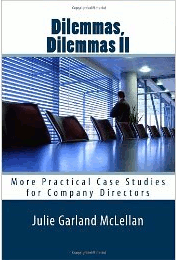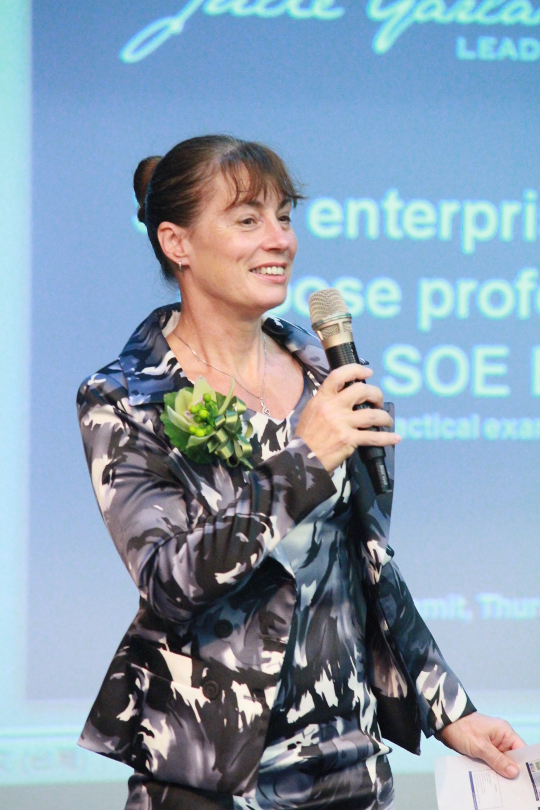Dear reader,
Welcome to the March 2017 edition of The Director’s Dilemma.
To read this email in your browser, go to www.mclellan.com.au/newsletter.html and click on 'read the latest issue'.
Our case study this month looks at use and potential abuse of a chairman’s power on an NFP board. I hope you will enjoy this dilemma and the three suggested responses.
Malcolm has just returned from a long holiday during which he deliberately 'dropped out of contact' with his work life, which included his board seat on a not-for-profit company. The board meets every second month and he missed a meeting but wasn't overly concerned as he had spoken with the chairman before arranging the holiday and received approval for an absence.
Last night he received the notice of meeting for the next board meeting and was surprised to see that apart from himself and the chairman all the other names were new. The minutes are short and simply record that the board met and received reports about the company's performance. There is no record of anyone resigning or of any major change.
Malcolm rang the chairman and asked what had happened. Apparently there was a big disagreement at the last board meeting so the chairman asked the other directors to leave and replaced them with some 'trusted friends'.
Malcolm had got on well with his board colleagues and, after his talk with the chairman, - which left him as ill-informed as he was beforehand - Malcolm called his closest friend from among his former colleagues. The friend said that he and the other directors had disagreed with a proposal but that they couldn't discuss it as they were bound by confidentiality.
The friend confirmed that the chairman had asked him to leave and suggested that it would have been untenable to stay after the chairman requested his resignation; however, he did say that there was nothing for Malcolm to be concerned about and that it was just a difference of opinion about where the company should be headed.
The papers for the coming meeting are fairly bland and have a lot of operational and background papers that will be helpful for the four new directors. There is no mention of any new initiative. There is nothing that gives Malcolm a clue about what might have happened or what to do next.
What should he do?




